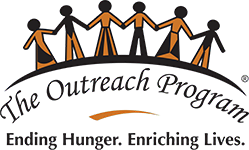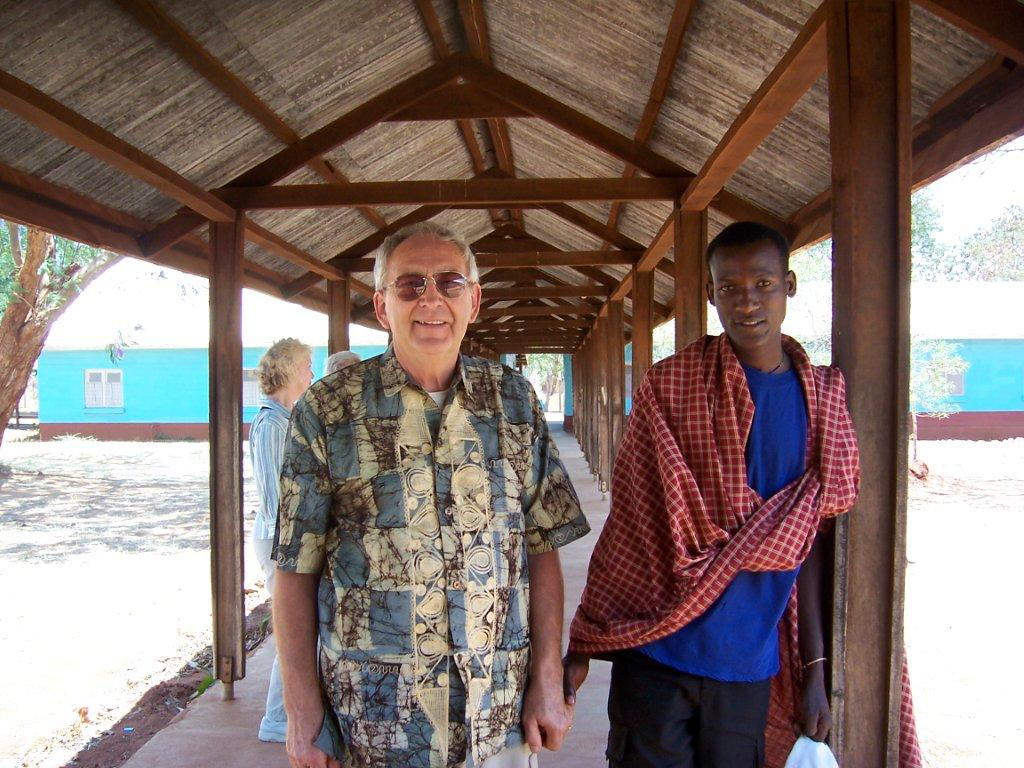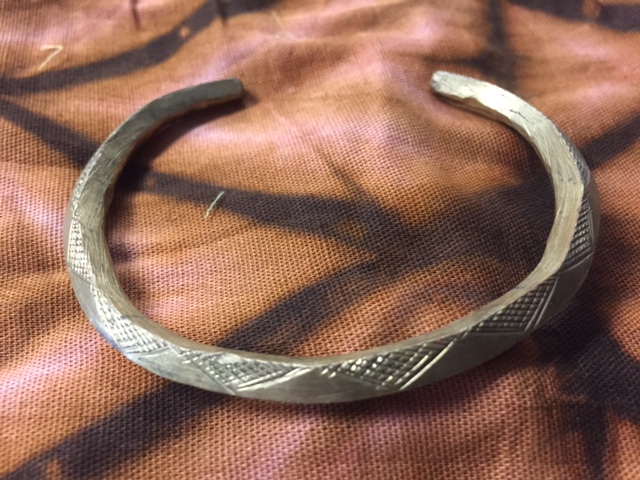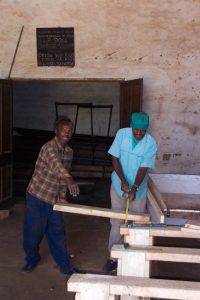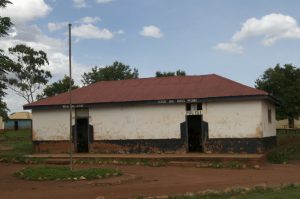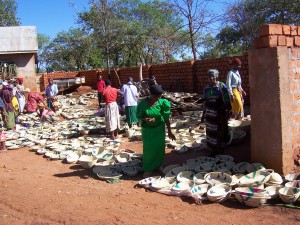Making an Entrepreneur of a Barabaig Warrior, Chapter 5
Kathy was startled to find a Barabaig warrior in full dress standing in her door way. She was busy packing bags for their return to America while Floyd was wrapping up the last bit of work on the hospital in Nkungi village.
“Late one afternoon I heard a ‘hody’ (hello) at our front door,” Kathy says. “There stood Serafuli: a tall, young Barabaig warrior dressed in the traditional leather fashion. He held out a small brass bracelet and said, ‘geefti bwana nyundo.’ I was trying to translate in my mind when he repeated: ‘geefti bwana nyundo.’ He had a gift (geefti) for his friend (bwana) Hammer (nyundo). The Swahili word for ‘hammer’ is Nyundo.”
“I looked at the small bracelet and said ‘bwana Nyundo is kubwa’ (friend Hammer is big), and this bracelet is too little. I took Seraful by the hand and, once we found Floyd, told him that this young man had a gift for him.”
“I was curious when I looked up and saw Kathy and a six-foot-two warrior coming towards me,” Floyd says. “That’s not a sight we see in Iowa. He was not wearing a costume; it was the traditional leather dress of his tribe. He held a spear in one hand with a bow and arrows slung across his back. A large knife and a sidearm club tucked in the band of his leather breech leathers. In his other hand he had a small, metal bracelet.”
“The bracelet was handmade as he used goatskin bellows to stoke a fire to forge iron and copper into brass as traditionally practiced in his tribe. The forging process resulted in a brass rod, which he then hammered into the bracelet he was holding in his hand.”
“As Serafuli stood there, I wondered how I could return the favor,” Floyd says. “Soon, the idea came to me: I could give him opportunity to become an entrepreneur. After several months of working with people of Tanzania who were suffering from the third year of drought, I had developed a respect for their ability to survive in the face of hunger and poverty. However, those who wanted to better themselves lacked two significant pieces of the puzzle: opportunity and money.”
Most people who live in such poverty are not lazy, nor do they want charity. They are looking for any chance to improve their lives and their families, but when the vast majority of a nation lives on a dollar a day, opportunities are minimal.
Inherent within human nature is the dignity that comes by providing for oneself and family. There is a satisfaction that comes from having worked hard and enjoying the reward of that work that cannot be substituted with charity.
Those who work to help the poor and hungry divide their efforts in to two different concepts: relief and development. Relief is the idea of giving a man a fish. For example, we’ve sent millions of our Outreach Program meals to Haiti, the Philippines, Nepal, and other countries in times of great natural disasters.
Development is the idea of teaching a man to fish that creates opportunity for people to become self-sustaining.
“Kathy and I recognized a development opportunity so I asked Serafuli if he could have 50 of those bracelets ready for me the next time I arrived in the village,” Floyd says. “He said through the interpreter he didn’t have any money for the raw materials so we loaned him the money. Access to reasonable finance is critical in the development cycle.”
“Serafuli made the 50 bracelets and, since then, has created thousands of bracelets from his own business for Outreach. This enabled him, for the first time, to go to the school in Nkungi village that Kathy promised to build when we first started working in Tanzania. He then went on to Babati to study computer technology and continue his education.”
Nearly ten years has passed since that tall, Barabaig warrior handed Bwana Nyundo the first “gift.”
“The greatest gift I could give him in return was the opportunity to combine his hard work with an entrepreneurial mindset,” Floyd says. “Creating entrepreneurs requires trust, risk, investment, education, and persistence. It’s the only sustainable solution there is to any development work.”
If you would like to order one of Serafuli’s bracelets, please go to: Hand-made bracelet by Serafuli
To have these stories delivered straight to your inbox, please subscribe to this blog via email!
Here are the previous Chapters:
Destination Tanzania – Chapter 1
Trading Grain for Hand-Woven Baskets – Chapter 2
Who Stole Floyd’s Bicycle? Chapter 3
Teaching Tanzania Carpenters: Sawhorses and Mortar Boxes – Chapter 4
